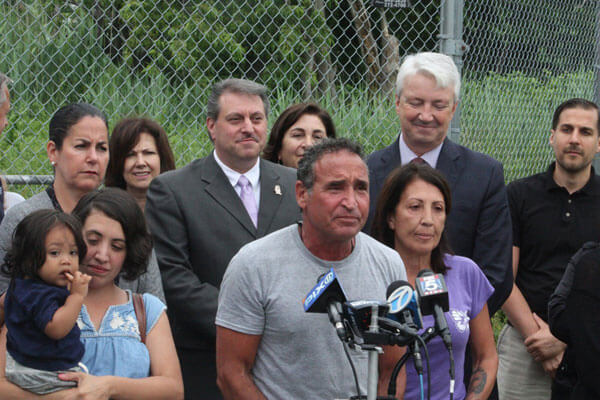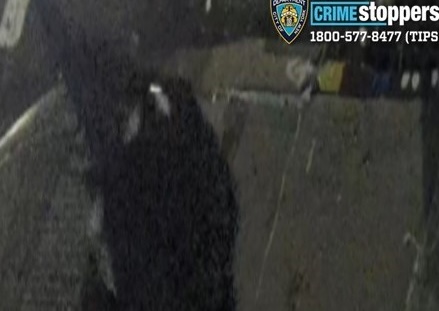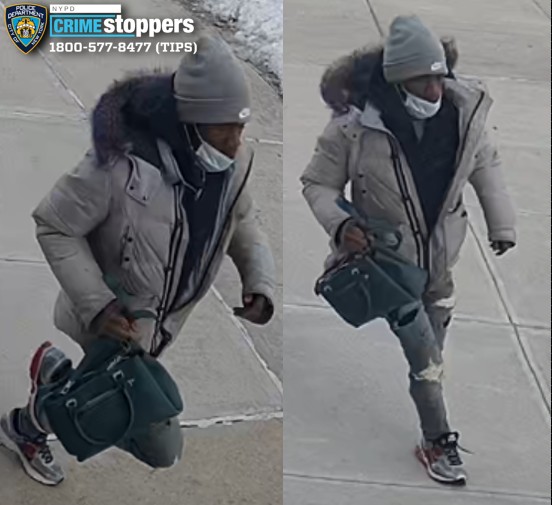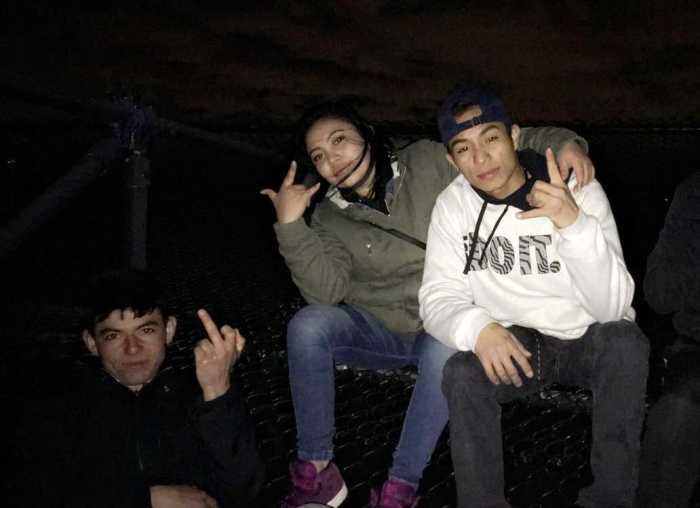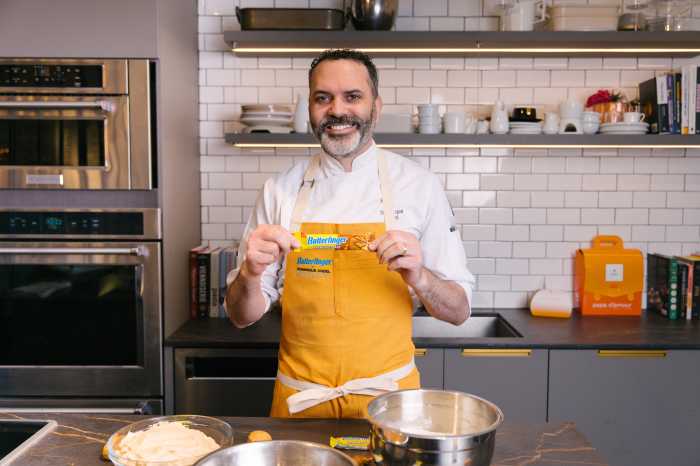By Bill Parry
The parents of Karina Vetrano, the 30-year-old jogger who was brutally beaten, raped and strangled in Howard Beach in August, held a rally last week with elected officials and community leaders to thank the New York State Commission on Forensic Science for adopting the use of Familial DNA Matching in certain cases.
Phil and Cathie Vetrano remained vocal advocates of the forensic technique even after a suspect was captured and charged with their daughter’s murder.
“This is a monumental accomplishment. It’s unheard-of and unprecedented that this could possibly happen in five months,” Phil Vetrano said after the policy was passed by the Commission by a vote of 9 to 2. “This will be a tremendous tool for law enforcement and for justice. And it’s only because of Karina. Without her driving us forward, this never would have happened.”
During an exhaustive six-month NYPD investigation, the Vetranos and several state and city elected officials repeatedly pushed for familial DNA searching that was in use in 10 states, but not in New York. In February, Chanel Lewis, 20, of Brooklyn, was arrested and charged with second-degree murder after Lt. Commander John Russo, a resident of Howard Beach, broke the case with his detective work, but the Vetranos continued to advocate for the procedure to be allowed in New York.
“The Vetranos wanted to make sure no family ever had to go through what they went through. Even through their grief and loss, they saw the opportunity to do that, and they made it happen,” state Assemblywoman Stacey Pheffer Amato (D-Howard Beach) said. This community owes the commission, New York City’s district attorneys the NYPD, and most of all the Vetranos a great debt for their tenacity and selflessness. They took a personal tragedy and made it about protecting the community. I’m proud to be their representative, and I’m proud to stand with them today as they usher in a new era of protection and greater clarity, both for victims and their families as well as for the accused.”
Familial DNA Matching, also known as FM, scans Y chromosomes from crime scene evidence and can lead to male relatives of criminals. Pheffer Amato had sponsored an Assembly bill to authorize FM legislatively if the commission had not.
“It is my hope, that with the New York State Commission of Forensic Science’s new guidelines, we will start to see the implementation of an improved means of investigation that has been proven effective in other parts of the country,” state Sen. Joseph Addabbo (D-Ozone Park) said. “Thanks to the Vetranos, who have been vocal advocates for the use of Familial DNA, while living with their own personal tragedy. It is thanks to them and many that the state will be better equipped to seek out criminals, when investigators have run out of leads.”
Queens District Attorney Richard Brown called the commission’s ruling a victory for justice and the people of New York State.
“The commission has insured more victims will receive justice, the public will be safer, and we in law enforcement can better guard against wrongful arrests and convictions,” Brown said in a statement. “From the time I first advocated last year for authorization of this tool, I maintained that, with appropriate safeguards, familial DNA searching could effectively be employed to solve crimes. I am gratified that the commission agreed. The framework approved by the commission strikes a fair balance between use of new scientific tools to solve serious cases and protection of individual rights and privacy. I commend the commission on this thoughtful, balanced procedure.”
Archbishop Molloy High School is hosting a memorial event for Karina Vetrano this weekend featuring an overnight relay walk/run open to the public. Vetrano was an alumnus of the school.
Those wishing to attend, or who want to make a donation, may visit the school’s website at www.mollo
Reach reporter Bill Parry by e-mail at bparr

